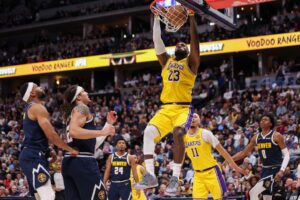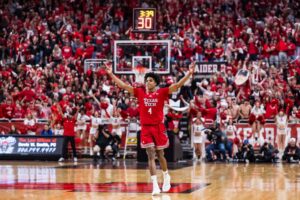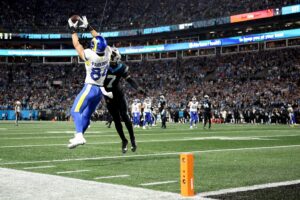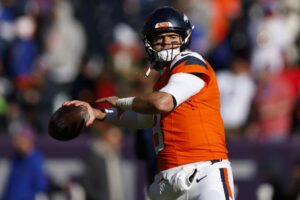Looking Ahead to Online Casino Legislation and Prediction Markets

Only seven states have passed iGaming bills and launched online casino gambling. However, the future looks uncertain for more states to follow suit, while prediction market sports event contracts are drawing interest from two major mobile sports betting powerhouses.
Online Casino Legislation
Mobile sports betting is a significant revenue generator for sports betting platforms, but the ultimate moneymaker is online casino gambling. The revenue percentage is built into the online casino algorithm, which is why so many sportsbooks are clamoring for states to pass iGaming legislation.
However, online casino gambling has not been nearly as welcomed by state legislators due to fears of addiction and the possibility that it will cannibalize brick-and-mortar casinos that pay significant taxes and employ hundreds, if not thousands, of residents.
Currently, only seven states, including Connecticut, Delaware, Michigan, New Jersey, Pennsylvania, Rhode Island, and West Virginia, have launched online casino gambling. Those physically located within the states’ boundaries can play digital slots, blackjack, roulette, and other casino table games. But 2026 doesn’t appear to be the year in which more states will adopt this lucrative revenue stream.
Steven Pizzella of Deutsche Bank, who attended last week’s Gaming, Lodging, Leisure & Restaurant Conference, came away with a sobering evaluation of iGaming’s immediate future. “Operators continue to take the approach that numerous shots on goal will yield something in the near term regarding iGaming legalization,” Pizzella said in his release.
But throwing mud at a wall hoping to see it stick is not comforting for those operators who are seeking a more concrete path to online casino gambling in states that have already adopted mobile sports betting. Pizzella also noted that the chances of more than one state legalizing iGaming next year are “highly unlikely.”
Prediction Affliction
Prediction market platforms like Kalshi and Polymarket are blurring the lines between bookmaking and trading contracts. Companies that offered trading contracts traditionally dealt in commodities like gold, silver, and even pork bellies, where speculators could take out contracts on those offerings to increase or decrease in value over a designated time frame.
However, those firms began to branch out into offering contracts on political races, something traditional sportsbooks are prohibited from doing in the United States, and ultimately began offering sports event contracts beginning with last year’s Super Bowl.
State gaming regulators have sent these prediction market companies cease-and-desist notices and have taken them to court, where the likes of Kalshi et al. have won early legal victories, arguing they are governed by the Commodity Futures Trading Commission, a federal regulator whose powers supersede those of the state’s gaming authorities.
Reports are that their ability to operate in all 50 states offering sports event contracts will reach the Supreme Court within two years, but right now, it remains a legally grey area.
However, the ability for these companies to continue to operate and take a bite out of the sportsbooks’ betting business has the duopoly of DraftKings and FanDuel looking to join, and not fight, the prediction markets.
DraftKings and FanDuel recently withdrew their inactive sports betting licenses from Nevada, as regulators in those states have made it clear they do not want any licensees operating in the prediction market within or outside of their boundaries.
Within the next few months, DraftKings will launch DraftKings Predictions, while FanDuel has announced the arrival of FanDuel Predicts. Both gaming behemoths have promised to offer their new brands only in states that have not passed mobile sports betting legislation.






